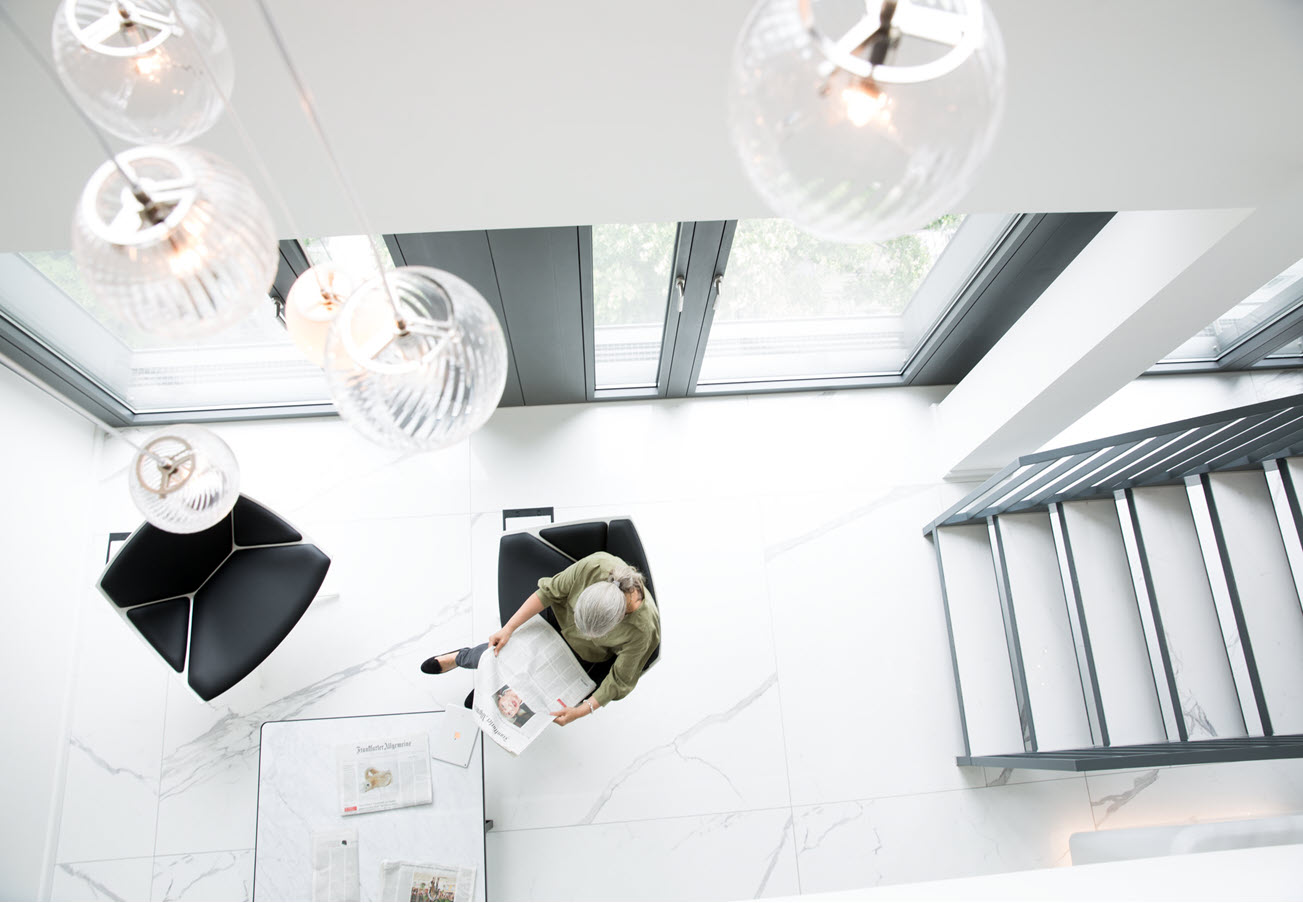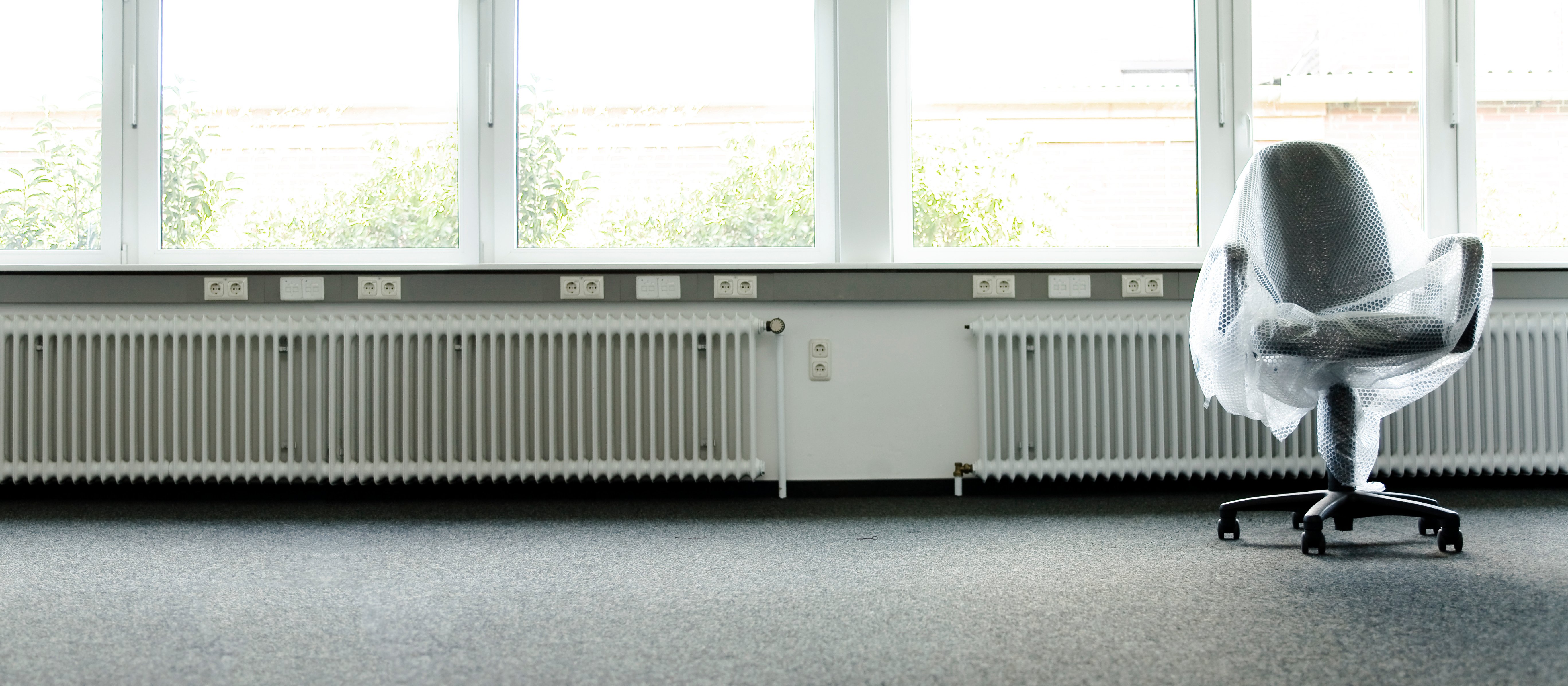GvW Graf von Westphalen contests the Election of the Regional President for the Hanover Region
On 29 July 2014, the regional assembly of the Hanover region (Regionsversammlung) dealt with the objections of 10 eligible voters against the regional president run-off vote of the Hanover region which took place on 15 June 2014. The objection leaders, among them seven members of the CDU (Christian Democratic Union) parliamentary group of the Hanover region, were represented by Hamburg-based constitutional law specialist and GvW-partner Prof Dr Christian Winterhoff.
With the objections, the election of the regional president is contested as faulty on the basis of an unlawful election motivation campaign. With this campaign, regional chief election officer Prof Dr Axel Priebs (SPD, Social Democratic Party of Germany) wanted to inform the eligible voters on the run-off vote procedure and at the same time increase voter turnout. However, several of the applied measures were only selectively implemented in parts of the constituency. For example, only in six of a total of 21 member communes of the Hanover region, there were advertising columns to promote participation in the election. The same applies to advertisements on the electronic timetable boards of the local transport authority. Moreover, of 20,000 postcards with a call for election that were printed, 18,000 were distributed in the city of Hanover, the capital of the federal state, whereas only 2,000 postcards were distributed in the surrounding communes where 55% of the eligible voters live.
After he had first drafted a legal opinion on the legitimacy of the motivation campaign and then raised an objection to the election, Prof Dr Winterhoff verbally presented his views to the competent regional assembly of the Hanover region on 29 July 2014. In particular, he argued that the regional chief election officer had violated the principle of equality as applied to elections with the campaign which had not been exhaustively implemented, and that the selectively applied measures could have affected the election results. There would have been an increase in voter turnout in particular in the city of Hanover, the capital of the federal state, and SPD candidate Hauke Jagau, who barely prevailed over his contender Axel Brockmann (CDU) with 50.9% of the votes, would have benefited from that.
Once the parties involved had been heard, the regional assembly decided to postpone the decision on the contestations in order to clarify the numerous open issues which remain. If the objections were successful, there would have to be a new election of the regional president. Should the regional assembly reject the objections to the validity of the election, the objection leaders could bring an action before the Administrative Court.
News
Federal Administrative Court: Fehmarn Belt Fixed Link may be built
The Federal Administrative Court has dismissed all six pending appeals against the planning decision on the Fehmarn Belt Fixed Link. Construction of the tunnel may therefore now also begin in Germany. GvW advised the State of Schleswig-Holstein and was represented by a Hamburg team consisting of Dr Ronald Steiling (lead), Corinna Lindau, Dr Dietrich Drömann, Prof. Dr Christian Winterhoff, Dr Andreas Wolowski, Saskia Soravia, Dr Stefanie Ramsauer, Dr Annika Bleier, Felix Kazimierski and Niclas Langhans.(BVerwG 9 A 6.19, 9 A 7.19, 9 A 9.19, 9 A 10.19, 9 A 11.19, 9 A 12.19 and 9 A 13.19).
H4 Hotel Mönchengladbach at BORUSSIA-PARK: the place for that Bundesliga feeling
Football is king at H-Hotel Group’s new H4 Hotel in Mönchengladbach. Its location right next to the stadium and the theme rooms depicting the history of the Borussia Dortmund football club make this new hotel unique and a must for any football enthusiast. Our lawyers had the pleasure of advising H-Hotels Group on the creation of its first football-themed hotel and took the chance to visit this amazing place shortly after its opening.
Transport System Bögl: new local public passenger transport system a big success in China
The Max Bögl group of companies has developed a new local public passenger transport system. The system called “Transport System Bögl” (TSB) uses magnetic levitation, or “maglev” technology and provides a clean and cost-efficient means of transport for better mobility in inner city areas. The technology is becoming increasingly popular also in other countries: Max Bögl’s most recent export order was the sale of its TSB to China. The company’s plans include building a 3.5 km test track in Chengdu and extensive marketing activities to promote the technology in China – all through a sales partnership with a Chinese company.

You don't want to miss any more of the latest legal developments? And be invited to our events? Then register here.



